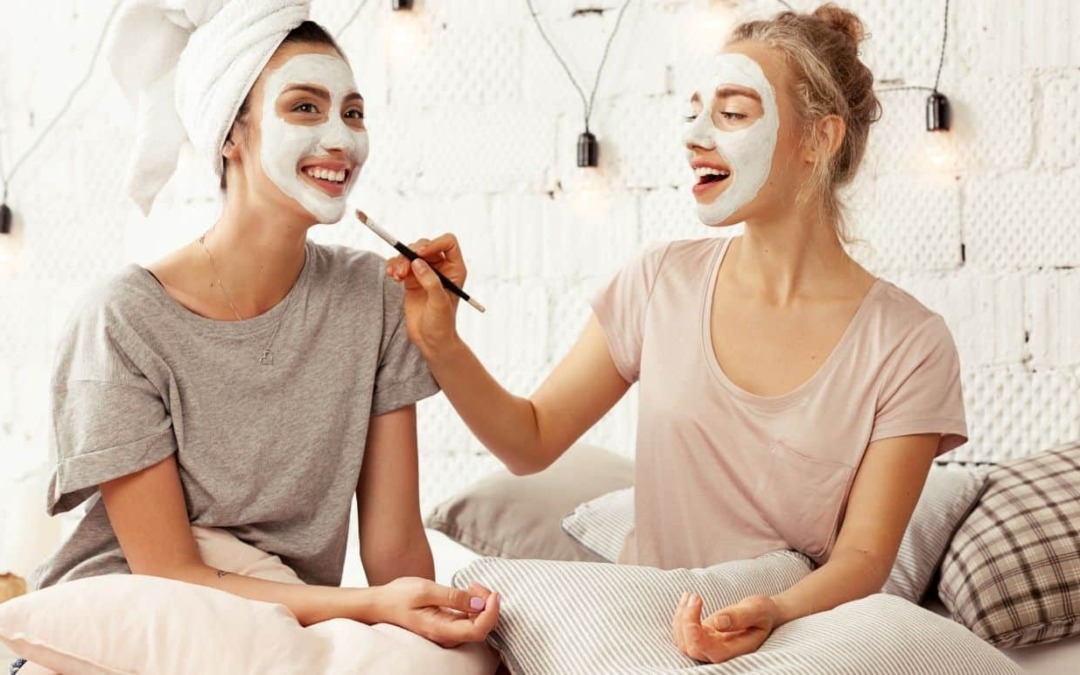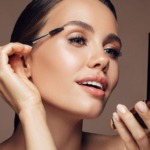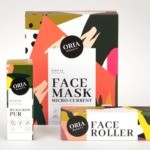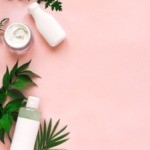The wildest Skincare secrets
Today we present to you the wildest skincare secrets from Jaklin Dzindzihashvili. Jaklin is a beautician expert with years of experience. Jaklin just shares with us all the skincare secrets, you want to know, not to mention the truth behind a beauty routine. She does not just recommend the right type of products, but also which inflammatory foods we should avoid and which we should include in our diet.
If you want to know everything about your skin, this post is for you!
What products should everyone have in their skincare routine?
- Facial Cleanser
- Sunscreen 50 SPF
- Retinol Cream
- Vitamin C Serum
- Moisturizer
How often should you exfoliate?
We lose millions of dead skin cells a day. If they remain on the skin, the skin may appear dull and dry. Removing that extra layer of skin cells is the secret to smooth and glowing skin.
The exfoliation should be a part of your integrated skincare routine at home.
Using an acid serum or a Retinol cream at least 2-3 times a week, depending on your skin type can be a great routine to keep exfoliating the skin.
Do you need different products for the morning and evening?
It’s very important to use morning and evening skincare products.
That’s because our skin needs during the day a different ingredient than during the night.
The main focus for the morning skincare, no matter what time of the year, should be a good sunscreen SPF 50, at least SPF 30, in order to protect our skin from UV damage. Most of the skin damages are caused by UV rays and outdoor pollution.
At night the primary goal should be repairing and rejuvenating the skin. Depending on the skin type and skin concerns, I suggest using overnight a retinol cream or acid creams. If your skin gets dry, it can help by adding a rich moisturizer.
Can diet really affect acne?
There are many factors that can lead to the development of acne.
Researches show that diet may play a role in causing your breakouts or worsening your acne. Keeping the skin clear requires more than a diet. Using acne skincare and medication can help to prevent new breakouts.
Studies show that a low glycemic diet may reduce the amount of acne. Low glycemic foods include fresh vegetables and fruits, beans, oats, Olives, Fish, Nuts, and so on.
Blood sugar spikes cause inflammation in the body, they can also increase the production of sebum and oily substances in the skin. That can lead to acne.
Some inflammatory foods to avoid:
- Refined grains and sugars
- Dairy products such as cow milk products
- Fast food
- Margarine
- Red meat
Some anti-inflammatory foods:
- Fruits such as cherries, strawberries, blueberries, oranges
- Olives
- Nuts like Almonds and walnuts
- Green leafy vegetables
- Tomatoes
- Fish like salmon, tuna
Effective acne treatments include the right skincare and sometimes medication. Keeping the skin clear requires more than a diet. Using acne skincare help to prevent new breakouts, while acne treatment in institutes by professional estheticians can help to avoid acne scars, pigmentations, and inflammations. The acne treatment requires frequent treatment. An effective acne treatment affords time and patience.
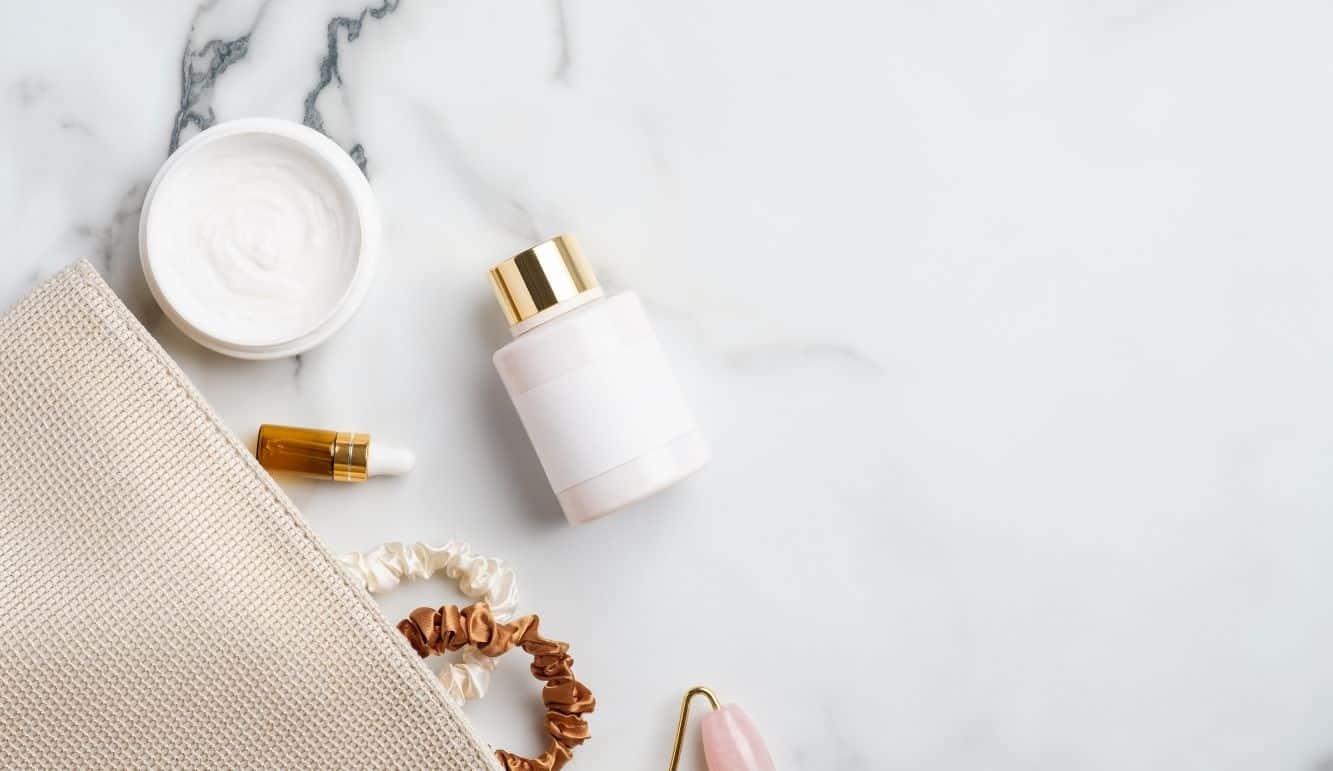
When should you see a dermatologist?
Basically, I recommend visiting a dermatologist if you aren’t feeling well about your skin or are worried about something on your skin.
If a patch or your skin has changed in color size shape or symptom you should better see a dermatologist. Some changes can often be a sign of skin cancer. Then it’s really important to get treatment rather sooner than later.
If you feel like not able to be dealing with your skin condition, it’s better to see a dermatologist in order to get recommendations on how to treat your skin.
If you have infections, acne, allergic reactions, hair loss, I would recommend seeing a dermatologist.
Which areas of the body should you pay more attention to?
There are 3 parts of the body I recommend paying special attention to!
The Face, Neck & Hands
We should keep in mind that our Face, neck, and hands are the areas of the body which are the most exposed to UV Rays, Sun exposure, wind, cold temperatures, pollution, dirt, and all kinds of potentially harmful agent.
A good Cleansing with a nourishing product and water can be a good start. Followed with a good moisturizer.
These areas are the most exposed to the sun and UV Light. Don´t forget to apply sun protection to keep them protected from UV damage.
One more special tip: If you suffer from Rosacea or different vascular skin problems, I recommend to use additionally a cold cream during the winter months.
Your Face, neck, and especially your hands show your aging and your lifestyle. The earlier you start paying attention to these areas and treat them carefully the more you can slow the aging of the skin.
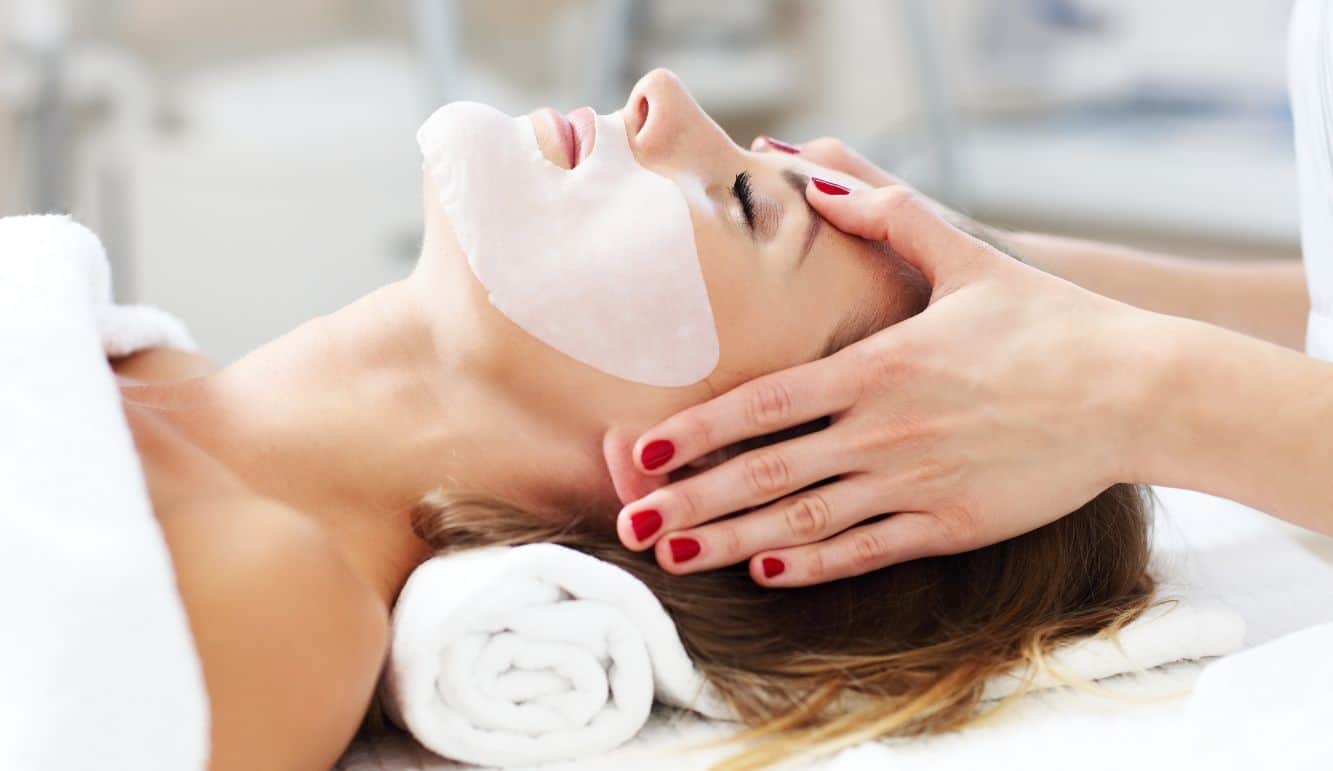
What’s the best age to start using anti-aging products or procedures?
0-20: Sunscreen
20-30: Sunscreen, Retinoids, AHA´S, Vitamin C, Skin boosters
30-40: Sunscreen, Retinoids, AHA´S, Medical grade skincare products, Skin boosters,
Energy-based devices, cosmetic-medical procedures
40-50: Sunscreen, Retinoids, Medical grade skincare products, Skin boosters,
Energy-based devices, cosmetic-medical procedures, lifting and tightening
What’s the best way to treat dark spots?
Ideally, there should be given first a diagnosis of the cause of pigmentation before any treatment. Pigmentations like dark spots respond best to a combination of topical creams, peels, and lasers.
My personal advice: Sunscreen is the best and No1 Product for Anti-aging and to avoid pigmentations and skin damages. Once you get dark spots it can afford several treatments to improve or correct them. Some forms of pigmentation such as melasma require special management, while freckles and dark spots are easier to treat.

Can you use retinol if you have sensitive skin?
There are two possibilities.
- You can reduce the concentration of the Retinol cream or
- You use the regular concentration 1-2 times a week.
Should you be using mineral or chemical sunscreen? Does it matter?
Sunscreens are the basis of skincare.
Mineral sunscreens with zinc oxide or titanium dioxide sit on the skin’s surface and physically prevent UV rays from penetrating the skin. It acts as a shield. A mineral sunscreen can be applied on top of other skincare products and makeup. They are much safer and ideal for children, people with sensitive skin, people with melasma and rosacea. One more advantage of the mineral sunscreen is that it offers immediate protection when you apply. It’s not needed to wait 20-30 minutes until it is absorbed as chemical sunscreens do.
There are meanwhile many options for mineral sunscreens on the market, that won’t leave a white film on your skin.
Chemical sunscreens allow UV light to penetrate the upper layer of the skin. In that case, when light is absorbed into the skin, the chemicals in the sunscreen create a chemical reaction in which UV lights convert to heat.
Chemical sunscreens are quick and easy to apply and don’t leave a white film on the skin such as mineral sunscreens do.
Chemical sunscreens may cause skin irritations for some people and it can also cause allergic reactions for people with sensitive skin and worsen rosacea and melasma.
Can your skin get too acclimated to certain products, making them less effective?
Some people think that retinoids become less effective over time, but the skin is becoming more tolerant of the ingredient. The product is still working but you are not experiencing any side effects.
You should be exfoliating at least 2-3 times a week to remove the layers of the dead skin cells to allow the active ingredients to penetrate into deeper layers. Always cleanse gently and remove makeup before applying to achieve the best results.
Do you really need a separate eye cream?
When you see the first signs of aging, good skincare for the eye area is important. But it’s not necessary to use a special eye cream. Eye creams often claim to be formulated for the thin sensitive skin around the eyes. Brands claim that they can help you get rid of bags under the eyes, dark rings, and saggy skin. Unfortunately, eye creams do no miracles. They often do not contain sun protection and tend to feel thick and heavy.
This may cause your concealer and foundation to seep into the lines around your eyes, making your wrinkles even more visible. If you already use a gentle and effective day and night cream or serums, they also are perfect for your skin under your eyes.
